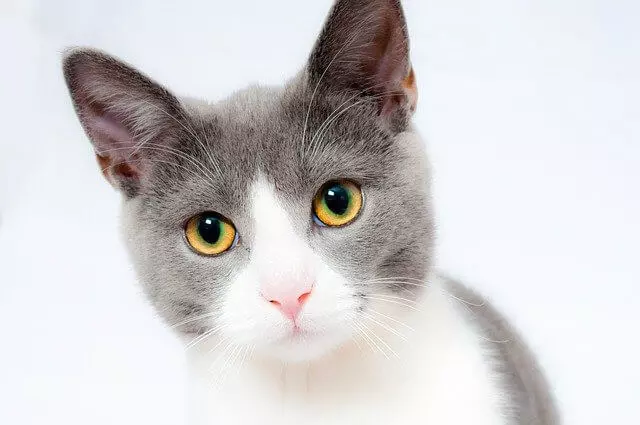It is critical to provide your cat with the proper amount of a well-balanced diet in order to maintain his or her general health and well-being. Nutrients are compounds obtained from food that is used by a creature as a source of energy and as a key component of the metabolic machinery required for survival and development.
Best Sellers List
One of the wonderful aspects of providing our cats with a well-prepared eating regimen of real food is that it has all of the essential vitamins for cat health. Cats get their essential nutrition from beef, fish, and poultry. Because they are exacting carnivores, cats cannot survive without eating meat in some form.
Protein
Dietary protein provides essential amino acids and is necessary for the production of antibodies, enzymes, hormones, and tissues, as well as for maintaining proper ph balance. It offers cats vigor and is necessary for their development and growth. A complete protein is found in foods such as meat, fish, eggs, and poultry and contains large amounts of basic amino acids.
Fats
This concentrated source of energy also provides essential unsaturated fats and aids in supplement use and distribution. It also has a connection to cell respectability and digestion guidelines. Saturated fat is mostly found in animal sources, whereas polyunsaturated fat is mostly found in plants. Greasy acids, often known as vitamin f, are used to make fats.
Minerals
Minerals are essential to the cat’s health and are involved in nearly all physiological processes. Protein synthesis, ph balance, nutrition utilization, and oxygen delivery are all aided by them, and they are stored in bone and muscle tissue.
Biological accessibility varies widely depending on the source of the nutrient, and elemental minerals are frequently obtained from the earth or water; chelated minerals are those that have been bound with other natural substances, making them easier to absorb by the body. Calcium, chloride, chromium, cobalt, copper, and other minerals are all found in minerals.
Vitamins
Vitamins are necessary for digestion, as well as for normal development and function. Some are integrated into the creature’s body and are usually found in food. They are classified as either fat-soluble or water-soluble.
Nutrients that dissolve in fat are stored in the body, but those that dissolve in water pass through more quickly.
Water
Cats are designed to meet the majority of their water requirements by consuming new raw food, and they have a modest thirst drive. When they eat dry foods and treats, this can cause medical complications. Wet food can be used as a complete meal or as a kibble topper, and it helps your cat stay hydrated throughout the day.
Water is essential for cats because it allows the body to properly distribute vitamins, maintain temperature, eliminate toxins, and assimilate nutrients. Do not jeopardize your cat’s health due to a lack of water. In addition to incorporating wet food into your cat’s diet, don’t forget to provide them with a water bowl.
Carbohydrates
Carbohydrates are a highly digested, easily accessible source of energy that should be included in all cat meals. Grain sources such as wheat and rice provide essential carbohydrates for cats. Many wet cat meals contain these grains as fixes; these sugar sources have been processed to increase edibility and assimilation into your cat’s body.
Conclusion:
Cats are considered independent creatures who benefit greatly from your affection and admiration. When it comes to diet and eating habits, it’s vital to remember that each cat is an individual with unique characteristics.
Choosing high-quality food among the many brands available can be difficult. The cat’s nutritional requirements are further influenced by its lifestyle, age, and reproductive status.








